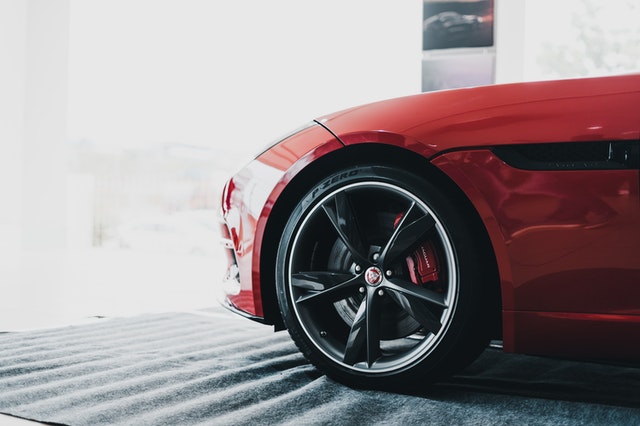
For VAT purposes the definition of a motor car has been amended several times over the years.
The current definition states: “Motor car” means any motor vehicle of a kind normally used on public roads which has three or more wheels and either:
- a) is constructed or adapted
solely or mainly for the
carriage of passengers; or - b) has to the rear of the
driver’s seat roofed
accommodation which is fitted with side windows or which is constructed or adapted for the fitting of side windows;
There are a number of exceptions to this rule: notably vehicles constructed to carry a payload of one tonne or more, i.e. double cab pick-ups such as a Toyota Hilux.
COMPANY VANS WERE MOTOR CARS
The Court of Appeal have now ruled on the tax status of certain vehicles provided to employees of Coca Cola. The court has upheld the HMRC view that vans with windows and a second row of seats behind the driver are not goods vehicles but motor cars for benefit in kind purposes.
Consequently, the income tax and national insurance payable by employee and employer is significantly higher than if the vehicles had been classified as goods vehicles.
The income tax legislation defines a “goods vehicle” as “a vehicle of a construction primarily suited for the conveyance of goods or burden of any description…”
At the Tax Tribunal it was decided that modified VW Kombi vans failed this test whereas modified Vauxhall Vivaro vans did fall within the definition of goods vehicles.
It has now been determined that the Vauxhalls should also be taxed as motor cars for P11d benefit in kind purposes. This means that where the vehicle is available for private use the taxable benefit will be based on the original list price multiplied by a percentage based on the vehicle’s CO2 emissions.
The decision means that employers may need to reconsider providing such vehicles. They may also need to rectify the P11d reporting in respect of earlier years and we await further guidance from HMRC.
What is also particularly confusing, and thus difficult for businesses to deal with, is that the benefit in kind rules are not the same as the rules for recovery of input VAT and it would be useful if there was a common definition for tax purposes
Need more information?
Do you need more guidance on the VAT definition of “motor car?” We offer a wide range of services and our team of chartered accountants have a wealth of experience with company cars. Our team work hard to ensure they create smart and effective tax-efficient solutions for start-ups to optimise growth and help them succeed. If you want to learn more about how the team can help or simply want some start-up advice from a trusted accountant do hesitate to contact us. For more information please do hesitate to contact us on 0161 962 1855. Alternatively you can email us using the form below and we will contact you as soon as possible.
Our fantastic team at A&C Chartered Accountants are here to help.

Write a Comment